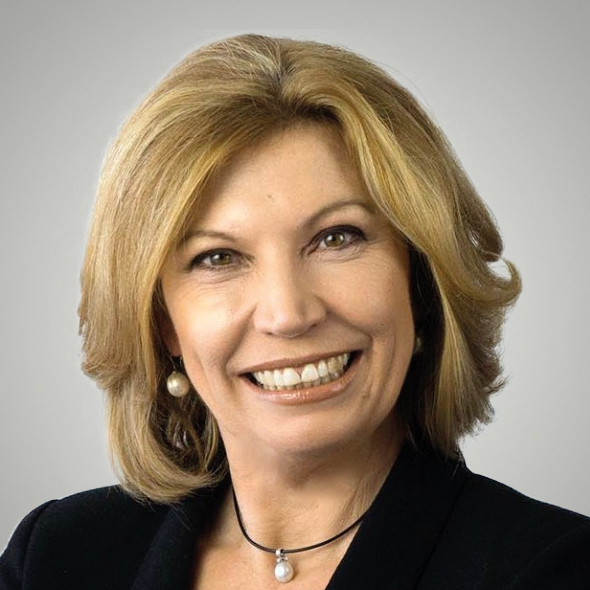Creations founder and CEO Taj Pabari MAICD aims to encourage enterprise thinking and tech skills in a million people by 2020. He explains how to Narelle Hooper.
Brisbane-based Taj Pabari was the student who nearly fell through the cracks at school. “I was a disengaged kid,” he admits. He’d started a business tech blog for kids at the age of 10 and was making $10 a day but was easily distracted in the classroom. By sixth grade, his parents were being urged to find him a new school. “I thought this was crazy,” he says. “Why was I doing okay outside the classroom, but inside I could barely pass?”
Pabari stuck it out, graduating Year 12 in 2016, but was inspired to create a better way for young people like him to learn. The result was Fiftysix Creations, a social enterprise that runs workshops to teach kids from any background the foundations of entrepreneurship and technology. Since 2014, Fiftysix Creations has run hundreds of workshops with more than 107,000 children around the country, from Mount Isa to Melbourne. The goal is to reach one million students by 2020.
Fiftysix workshops help students understand, use and make devices like tablets and cardboard virtual-reality headsets and apps. In the process, they learn enterprise skills such as financial literacy, team-building, creativity and public speaking, which can be used across multiple areas, whatever their career path. It also encourages the concept of “flailing” — experimentation and mistakes from which they can learn.
It’s for every child — engaged or disengaged — from every background, race or gender, says Pabari, whose work earned him recognition as 2017’s Queensland Young Australian of the Year. “We charge private, international and state schools in privileged areas to reinvest in communities that don’t have the same opportunity.”
Pabari has travelled all over the world but was brought down to earth while spending five days in Aurukun on the Cape York Peninsula earlier this year. “It was the most eye-opening tour. We’ve done India and Kenya, we have tablet workshops all over the planet, but those kids in Aurukun were the most disadvantaged we’d dealt with.”
The merit of a mentor
Mentorship has played a big role in the progress of Fiftysix to date. Pabari says he has benefited from an FYA (Foundation for Young Australians) program and the support of its CEO, Jan Owen, and director of enterprise and changemaking Andrew Brough. “They helped me take the business from a baby project to something tangible — and they are always available.”
He is also guided by an advisory board, which includes Prof John Hedberg, executive director at the Macquarie ICT Innovations Centre in Sydney; Melbourne-based educator Julian Bluett; Jock Fairweather, founder of Brisbane co-working network Little Tokyo Two; and Prof Michael Milford, a robotics researcher at the Queensland University of Technology.
Pabari, who recently turned 18, has not been put off school. In October, he attended his first AICD Company Directors Course after meeting a number of CEOs who had completed the course. “I went there for knowledge about my responsibilities and obligations. What I took away was the nature of how you communicate — but the clear takeaway was financial literacy.
“My dad forced me to do accounting in Years 11 and 12, but I literally complained the whole time. The financial side of it is fundamental; it’s a life skill you don’t learn at school.”
Sitting next to the CEO of the Australian Grand Prix executive and a board member of Cricket Australia, he learned much from course participants. “We were one of the smallest companies in that room and I’d never heard of many of the issues that they had dealt with.”
Pabari’s next step is to develop a formal board to support the company’s growth. It already has more than 40 staff and facilitators, including casual, part- and full-time roles, with an average team age of 22. Next year, Fiftysix will be looking to a funding round to raise capital. Meanwhile, staffing is one of the biggest challenges.
So, what would he ask of directors and company leaders from more traditional businesses? Aim high and then if you fail, he says, at least you fail attempting something worthwhile and learn from the experience.
“We go for the impossible; we don’t see roadblocks and we aim high,” he says. “So when we fail, we fail more than the average human being. That’s when things get a bit interesting.
Latest news
Already a member?
Login to view this content


